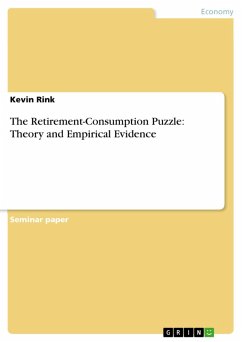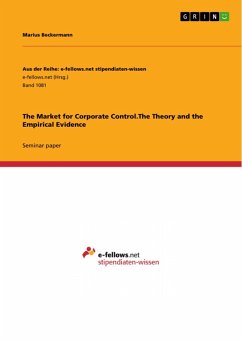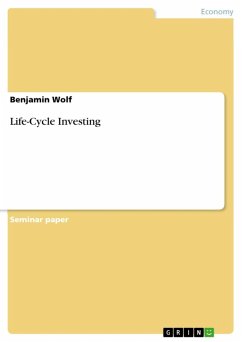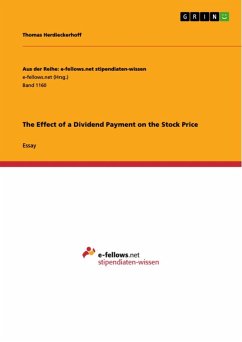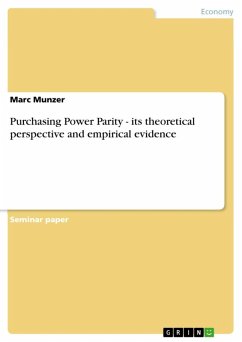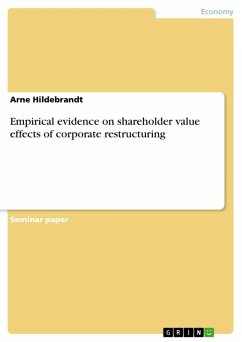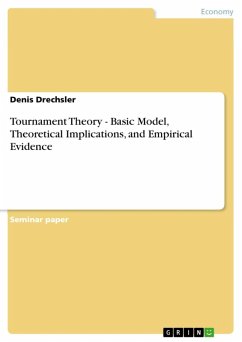Seminar paper from the year 2011 in the subject Business economics - Investment and Finance, grade: 1,0, University of Mannheim, course: Seminar in Bankbetriebslehre und Behavioral Finance , language: English, abstract: The literature on consumption behavior finds that households consistently reduce consumption at retirement. It documents a consumption dip of between seven and 17% on average. However, according to life cycle theory, households smooth marginal utility of consumption across time periods. The discrepancy between the predictions of theory and empirical findings is known as the retirement-consumption puzzle. A deeper knowledge on retirement saving behavior is of interest for at least three reasons. First, it facilitates the testing of theoretical models like the life cycle hypothesis. Thereby, it helps to understand if and by how far individuals plan their retirement in a rational manner. Second,... [...] The task of this paper is to assess both theory and empirical evidence of the retirement consumption puzzle. It, therefore, discusses the basic characteristics of standard life cycle theory in section 2. Section 3 examines the main determinants of the puzzle and perspectives from which the puzzle has been investigated. Section 4 concludes.
Dieser Download kann aus rechtlichen Gründen nur mit Rechnungsadresse in A, B, BG, CY, CZ, D, DK, EW, E, FIN, F, GR, HR, H, IRL, I, LT, L, LR, M, NL, PL, P, R, S, SLO, SK ausgeliefert werden.

